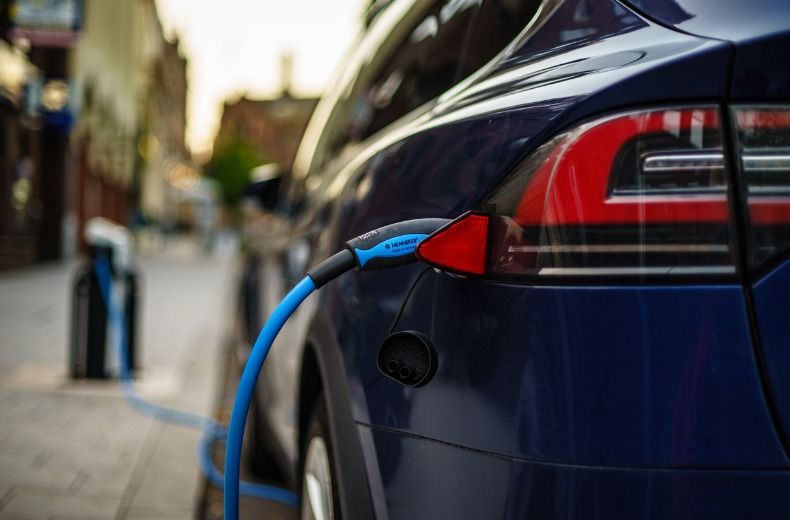The instant funding reduction has been made to “target less expensive models and reflect a greater range of affordable vehicles available”, spreading subsidies further and helping more drivers to go electric, the Department for Transport (DfT) said.
It claims more than half of EVs currently on sale will remain eligible for the grant, with the proportion of models costing under £35,000 almost doubling since 2019.
But the RAC’s head of roads policy Nicholas Lyes said: “Ministers seem to talk-the-talk when it comes to encouraging people into cleaner vehicles, but cutting the plug-in car grant certainly isn’t walking the walk.”
The plug-in vehicle grant scheme was renewed a year ago, with the DfT implementing incentivising grants of up to £3,000 for motorists who decide to go green.
Since 2011, the Government says it has provided close to £1.3 billion in plug-in vehicle grant funding.
Mr Lyes noted that, while it’s understandable to focus grants on the affordable end of the market where there’s the best opportunity for greater take-up, “the industry has been hit hard by the pandemic and incentives to get consumers to go green remain vital in encouraging the sale of new cars”.
He added: “The extent to which drivers might delay upgrading their vehicles as a result of the economic effects of the coronavirus is also yet to be seen, which makes the timing of this announcement all the more surprising.
“Even though more models are coming on to the market, our research suggests upfront cost remains a concern to drivers when comparing the cost of an electric vehicle with a similarly sized conventional vehicle. By cutting the grant, the Government may risk people holding on to their older, more polluting vehicles for longer.”
Mike Hawes, SMMT chief executive, also labelled the government’s decision as “the wrong move at the wrong time”.
He said: “New battery electric technology is more expensive than conventional engines and incentives are essential in making these vehicles affordable to the customer.
“Cutting the grant and eligibility moves the UK even further behind other markets, markets which are increasing their support, making it yet more difficult for the UK to get sufficient supply.”
- The road to electric – in charts and data
- 2030 ban – is it worth buying an electric car now?
- Electric cars – a definitive guide and tips for buyers
Transport Minister Rachel Maclean said: “We want as many people as possible to be able to make the switch to electric vehicles as we look to reduce our carbon emissions, strive towards our net-zero ambitions and level up right across the UK.
“The increasing choice of new vehicles, growing demand from customers and rapidly rising number of chargepoints mean that, while the level of funding remains as high as ever, given soaring demand, we are refocusing our vehicle grants on the more affordable zero emission vehicles – where most consumers will be looking and where taxpayers’ money will make more of a difference.”
The RAC is leading the way when it comes to supporting drivers in the switch to electric vehicles. An ever-increasing number of our patrol vans have built-in emergency mobile charging systems capable of giving an out-of-charge electric car enough power to be driven a short distance home or to a working chargepoint, while our All-Wheels-Up recovery system allows our patrols to safely rescue electric cars with no need for a flatbed.
Find out more about the RAC’s electric car breakdown cover and insurance options today.

RAC sale – up to 33% off*
• Roadside cover from £5.29 a month†
• We get to most breakdowns in 60 mins or less
• Our patrols fix 4/5 breakdowns on the spot




















